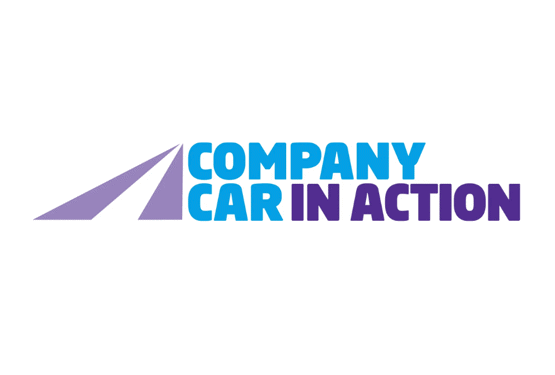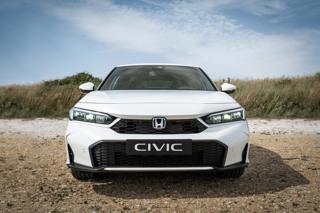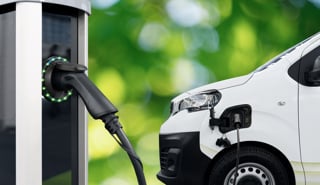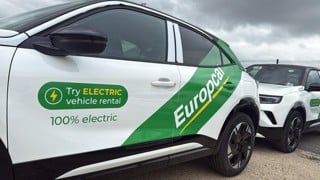Bedeo is warning the Government that the large van sector may fall short of the UK’s zero emission vehicle (ZEV) and net-zero targets without urgent intervention.
In an open letter to ministers, the UK-based company which specialises in large van electrification and retrofit technology, highlights that large battery-electric vans remain a niche market – electric vans in the 3.5–4.25-tonne category currently hold 0.5% market share.
With fleet operators citing concerns around payload loss, range limitations, and cost, Bedeo forecasts that by 2030 even the ‘greenest’ fleet owners will have a difficulty to turn more than 50% of their fleet into zero-emissions due to range, cost and payload barriers.
“Electric vans just don’t have the same payload as diesel – it’s not even close,” warned Osman Boyner (pictured), founder and CEO of Bedeo.
“Fleet managers tell us they’re ready to convert 60-70% of diesel vans – but not until cost and performance improve. Today, they’re ready for range extender and retrofit – but they need Government support.”
Bedeo’s Reborn Electric solutions, including the RE-100 Range Extender, have already demonstrated real-world effectiveness, the company says.
The RE-100 delivers more than 100 km (62 miles) of fully electric driving per charge – enough for most urban delivery cycles – while retaining the original diesel engine and performance of the base vehicle.
However, the payload has been restricted, which is what Bedeo is also lobbying for legislative change, to ensure large van fleet operators are not at a disadvantage by choosing to retrofit – the greener and cheaper alternative choice of electrification.
Fleets, including large and small vans, have already adopted Bedeo’s retrofit technology all without replacing their existing vehicles.
The system, says Bedeo, maximises vehicle lifespan and avoids the environmental impact of scrappage.
Bedeo confirms that it has received a letter of intent from fleet operators to purchase 500 retrofitted vehicles, highlighting growing commercial confidence in the solution.
In its open letter, it outlines three immediate policy changes required to support adoption of retrofit and hybrid electrification:
- Grant scheme inclusion: Range extender technologies should be eligible for inclusion in Alternative Fuelled Vehicle (AFV) grant programmes to reflect their critical role in transitioning fleets.Licence weight tolerance adjustments: amendments to include range extender vehicles in the B licence 4.25t weight limit, currently granted only to fully electric, fuel cell or hydrogen-powered vehicles.
- Formal recognition in decarbonisation policy: Retrofit range extender solutions must be acknowledged in official pathways to net-zero as viable, scalable, and urgently needed transitional technology.
- Bedeo has also written to the Secretary of State for Energy Security and Net Zero and the Financial Secretary to the Treasury on this matter, and seeks urgent clarification on why range extender technology is permitted in London black cabs but not currently recognised for goods transport vehicles under the same technological principle.
The letters have been sent to all aspects of the UK Government including Heidi Alexander, Secretary of State for Transport and Ed Miliband, Secretary of State for Energy Security and Net Zero, among many other MPs and policy makers.
“The logistics industry is the backbone of the UK economy,” said Boyner. “According to McKinsey & Company, LCVs are the single largest contributor to logistics-related emissions, responsible for 40%. If the UK wants to lead on decarbonisation, we need pragmatic and scalable solutions now – and retrofit is one of the most impactful tools we have to reduce emissions without delay or disruption.”
Founded in 2009 by Boyner, Bedeo is headquartered in Farnham, UK, with manufacturing in Turkey and China.























Login to comment
Comments
No comments have been made yet.